Christmas Under German Occupation – Julian Kulski: Part 2
Continuing our series of blog posts about Christmas under German occupation—
This is the second part of Julian Kulski’s descriptions. Kulski is the author of The Color of Courage—A Boy At War: The World War II Diary of Julian Kulski, with a Foreword by Lech Wałęsa, Nobel Peace Prize Laureate, and Introduction by Rabbi Michael Schudrich, Chief Rabbi of Poland. Kulski describes Christmas as he experienced the holiday over the war years. Through his changing descriptions, we can see the impact war was having. Click here for the first two wartime Christmases.
In his entries for Christmas 1941, Kulski mentions his uncle Norbert, who was a long-time political activist. After Poland regained its independence in 1918, Norbert was eventually appointed as Minister of the Interior and later Mayor of Łódż. He naturally became a leader in the resistance against the German occupiers.

Norbert was arrested by the Germans in July 1940, incarcerated in the notorious Pawiak Prison, and in January 1941 transported to Auschwitz with many other leading political figures. In June, Kulski’s father received reports that Norbert was active in organizing a resistance movement among the prisoners at Auschwitz, despite being ill and weak. Norbert died in Auschwitz in September 1941. Kulski’s father describes Norbert as “a dreamer, an idealist, a poet, and a philosopher…driven with a single mission in life—to fight tyranny.”
Kulski’s Uncle Norbert, whose full name was Norbert Barlicki, is mentioned several times in Fighting Auschwitz: The Resistance Movement in the Concentration Camp by Józef Garliński, as one of the leaders of the resistance movement within the camp before his death.
 Excerpt from The Color of Courage—A Boy At War: The World War II Diary of Julian Kulski:
Excerpt from The Color of Courage—A Boy At War: The World War II Diary of Julian Kulski:
CHAPTER 3
AGE 12: 1941 — RECRUITED INTO THE UNDERGROUND ARMY
pp. 125–127:
Saturday, December 20 — I have come to Feliński Street [home] for a few days, and Mother is back from Baniocha, making preparations for Christmas. There is not much food to be had, although the Germans are giving an extra two pounds of bread and three eggs per person for the holiday. Generous of them!

Thursday, December 25 — I am spending Christmas with the family. There are several empty chairs at the table, and everyone is very subdued. Aunt Stacha refused to eat any Christmas dinner, but she called me to her room and handed me an envelope. She said it was from Uncle Norbert and that she wanted me to keep it in remembrance of him.
After dinner I went to my room and opened the envelope. It was a poem, the last Uncle Norbert had written:
I could quicken death
And run away from the field
Where fear tears apart the last lights—
I wait, however.
Let fate run its course
The soul will not be dishonored
In the ashes of fear.
After my death, from the lonely grave
I wish a bitter flower would grow
And again look proudly
To the clouds of misfortune
To changeable heights
Proving there is not penance
In my coffin.
I am alone!
I cry in vain
Alone and helpless
Like a dried-up leaf
The winds of the desert
Are carrying me
I am dying!
Heart, have courage
In this final tribulation.
I felt a terrible tightening in my chest, as though I would burst. Then I wept.
Continued in Christmas Under German Occupation—Part 3: Julian Kulski….
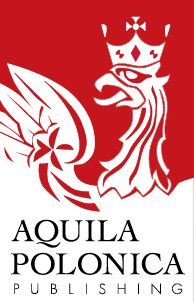
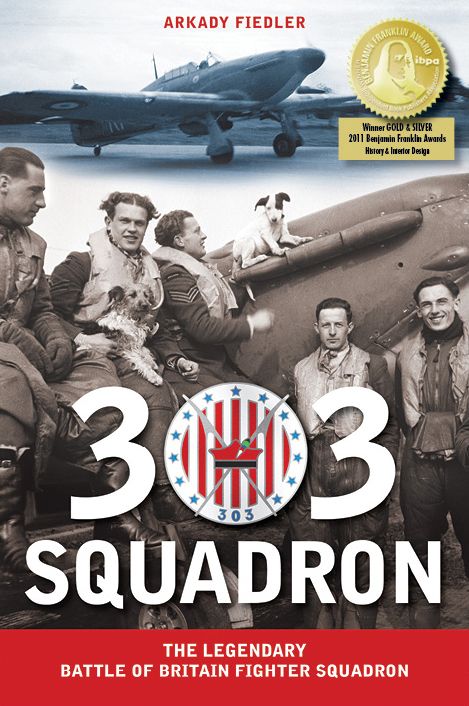
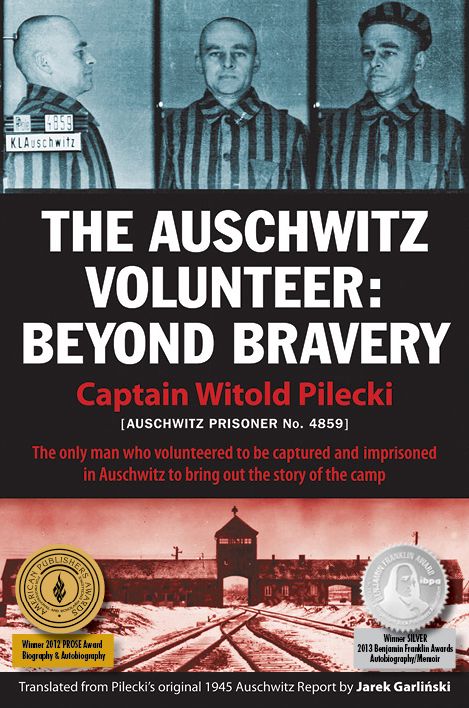
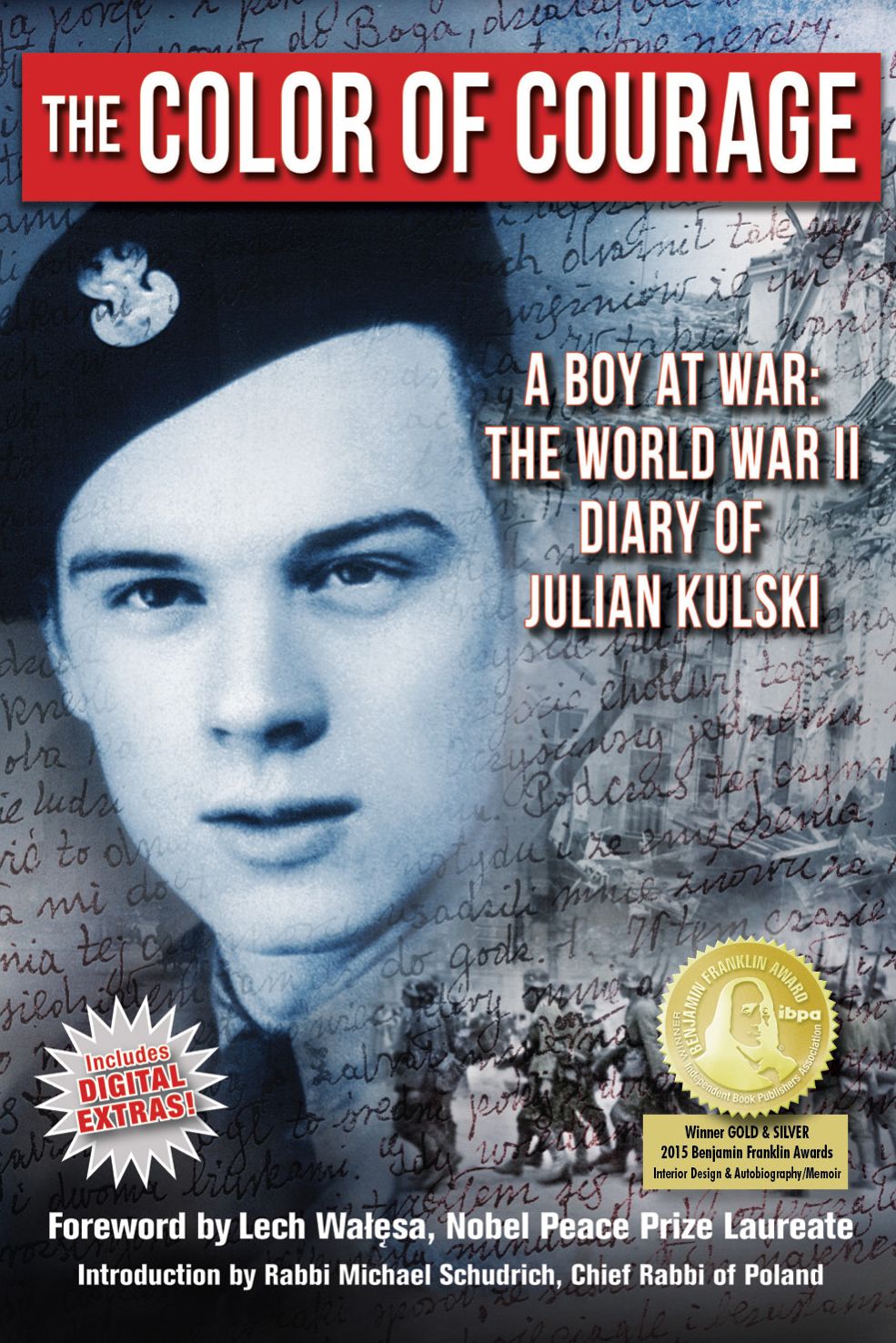
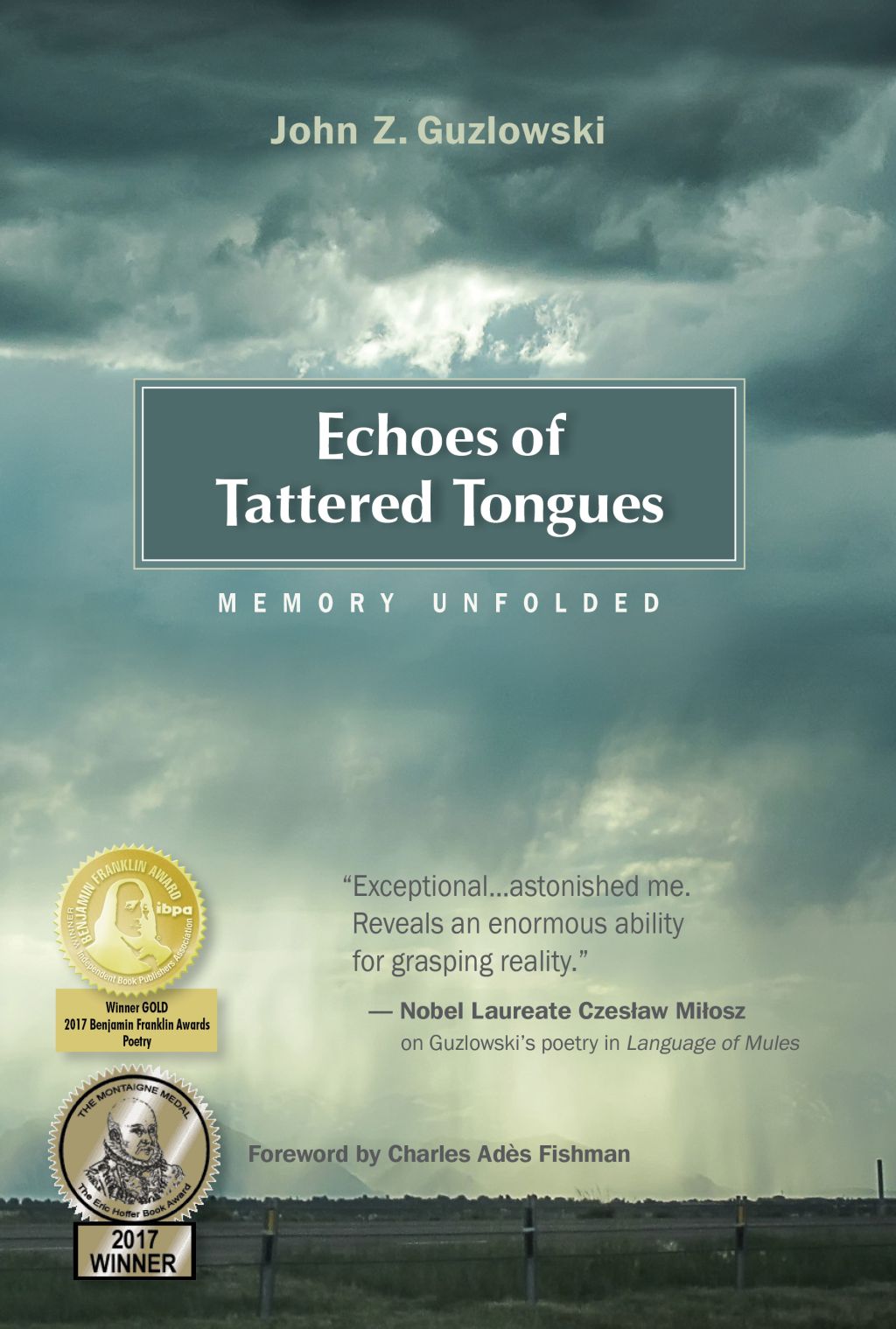
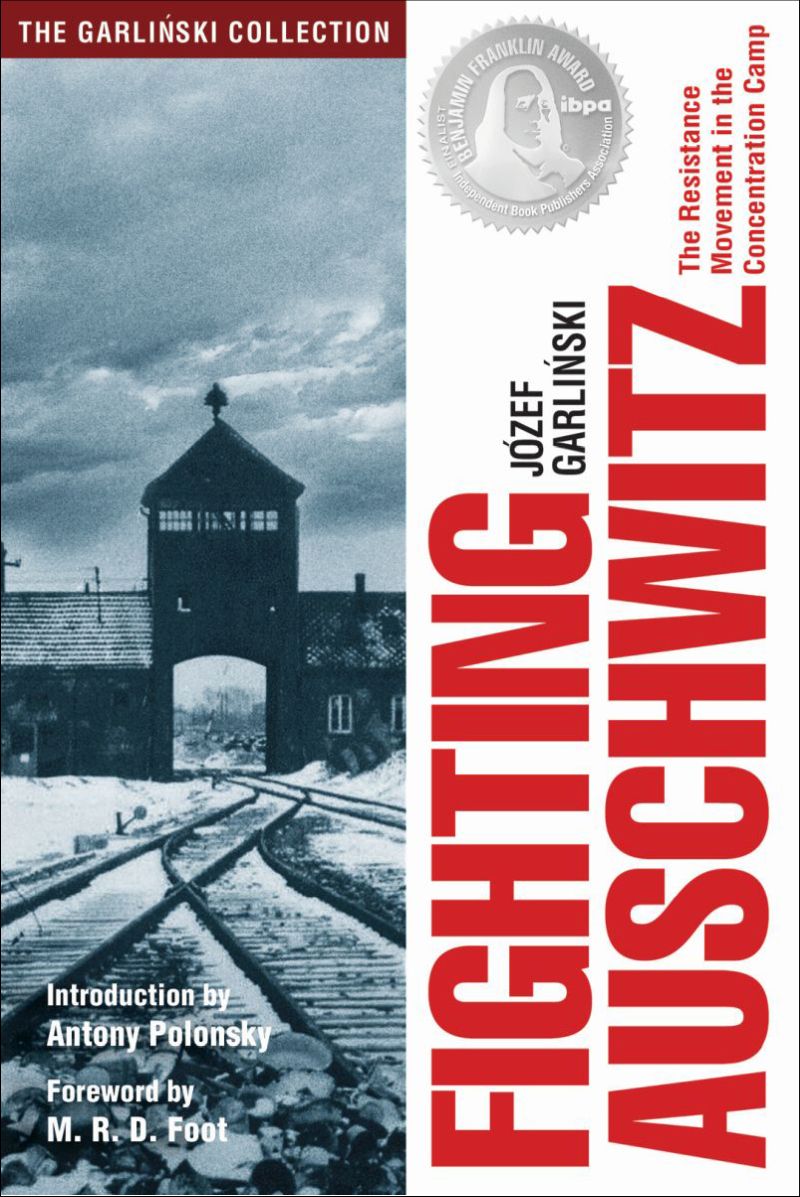
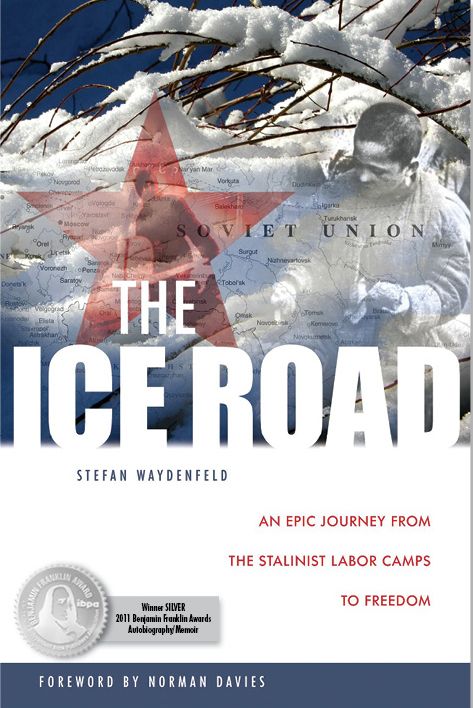
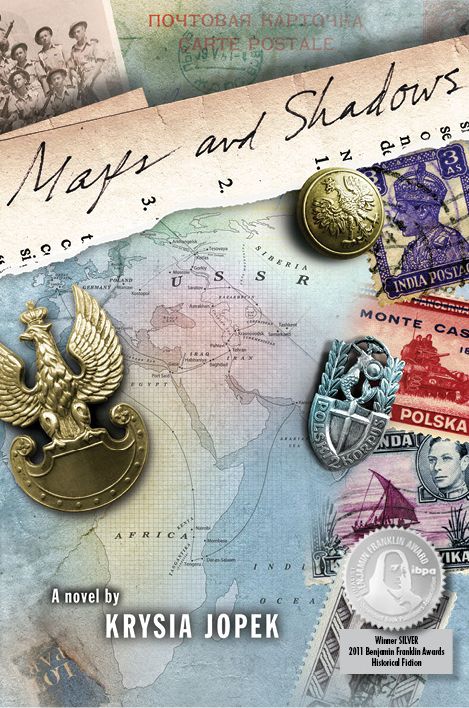
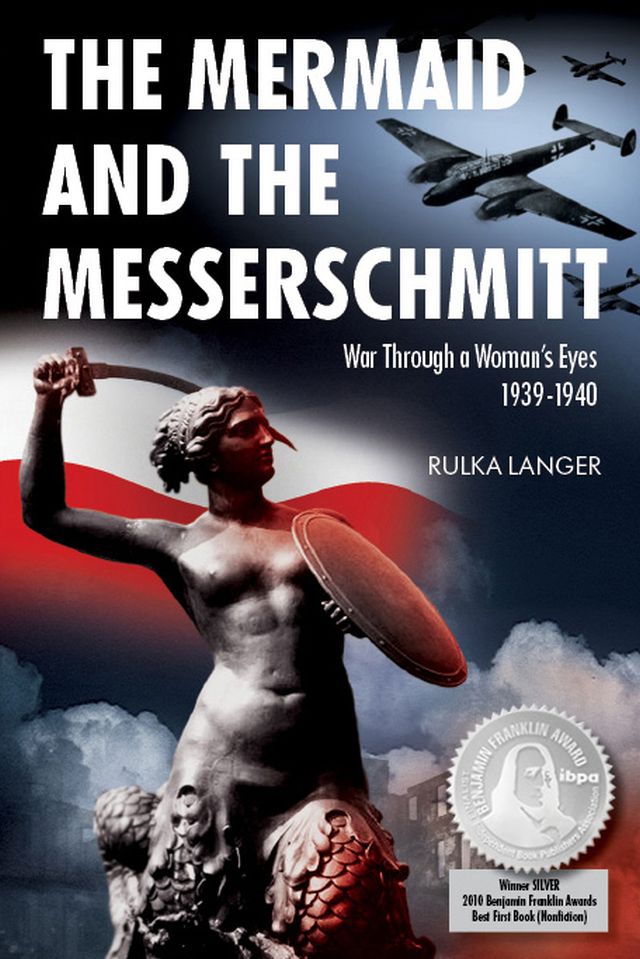

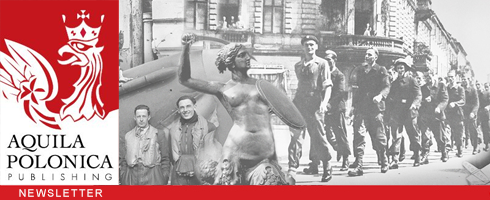
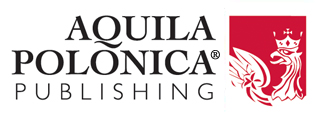
No comment yet, add your voice below!